
Last Updated At: 15-May-2025
Facts About Singapore | Rich History and Diverse Culture
Singapore, often called the "Lion City" or the "Garden City," is a captivating blend of modernity, culture, and innovation. Nestled at the southern tip of the Malay Peninsula, this island city-state has emerged as a global hub for finance, trade, and tourism. Beyond its gleaming skyscrapers and bustling streets, Singapore is a treasure trove of unique facts and features that make it a true gem of Southeast Asia. Let's delve into some of the most intriguing facts about Singapore.
List Of 11 Best Facts About Singapore
Singapore's captivating blend of modernity, culture, and innovation has propelled it to global prominence.
- Historical Insights | Rich Past Unveiled
- Cultural Diversity | Harmony in Diversity
- Economic Eminence | Singapore's Thriving Economy
- Urban Planning and Architecture | Modern Urban Wonders
- Culinary Delights | Flavourful Food Journey
- Education and Innovation | Knowledge Fuels Progress
- Strict Laws and Regulations | Order Ensures Harmony
- Festivals and Celebrations | Joyful Cultural Revelry
- Environmental Sustainability | Green Future Ahead
- Surprising Fun Facts about Singapore | Unlocking the Enigmatic Charms
- Singapore tourist attractions | Unveiling the Char
1.Historical Insights | Rich Past Unveiled
Singapore's history is a blend of ancient empires, colonial rule, and independence. From its early days as a trading post under the Srivijaya and Majapahit empires to its eventual colonisation by the British, the island's strategic location has significantly shaped its destiny. The tumultuous times of World War II, the Japanese occupation, and subsequent struggles for independence are pivotal chapters that showcase the resilience and determination of its people.
2.Cultural Diversity | Harmony in Diversity
Singapore's cultural diversity is a testament to its rich heritage. The city-state is a microcosm of different ethnicities, including Chinese, Malay, Indian, and Eurasian communities. The cultural harmony is vividly displayed through ethnic enclaves like Chinatown, Little India, and Kampong Glam. Celebrations of festivals such as Chinese New Year, Hari Raya, Deepavali, and Christmas reflect the coexistence and mutual respect among various cultures. This cultural diversity can be best understood by understanding Singapore's population facts.
3.Economic Marvels | Thriving Trade Power
Singapore's transformation is remarkable from a humble trading port to a global economic hub. The key economic facts of Singapore are its strategic location along major shipping routes, well-developed infrastructure, and business-friendly policies have made it a magnet for international investment and trade. The country boasts a highly skilled workforce, advanced technology, and a reputation for transparency and efficiency, propelling it to the forefront of the world's economic leaders.
4.Urban Planning and Architecture | Modern Urban Wonders
Singapore's skyline is a blend of cutting-edge architecture and lush green spaces. The city's urban planning is meticulous, resulting in an organised and efficient layout. Iconic structures like Marina Bay Sands, Gardens by the Bay, and the futuristic Jewel Changi Airport exemplify the marriage between architectural innovation and environmental sustainability. Incorporating greenery into urban spaces reflects the nation's commitment to creating a liveable and harmonious environment.
5.Culinary Delights | Flavourful Food Journey
Singapore's culinary scene is a gastronomic adventure like no other. The hawker centres, where affordable and authentic local dishes are served, epitomise the nation's love for food. From the fiery spices of Malay cuisine to the intricate flavours of Chinese dishes and the aromatic spices of Indian fare, the diverse offerings reflect the multicultural essence which can be experienced by investigating Singapore's Culture. The Michelin-starred restaurants and fusion cuisine also showcase the country's evolving food culture.
6.Education and Innovation | Knowledge Fuels Progress
Singapore places a strong emphasis on education and innovation. It's world-class universities and research institutes drive advancements in various fields. The country's commitment to cultivating a knowledge-based economy has led to breakthroughs in technology, healthcare, and sustainability. The government's investments in research and development continue to attract top talent worldwide.
7.Strict Laws and Regulations | Order Ensures Harmony
Its strict laws and regulations underpin Singapore's reputation for cleanliness, safety, and orderliness. While some might view these regulations as stringent, they have played a pivotal role in maintaining social harmony and economic stability. For example, the ban on chewing gum might seem unusual, but it reflects the nation's dedication to cleanliness and maintaining its pristine image.
8.Festivals and Celebrations | Joyful Cultural Revelry
Singapore's calendar is filled with a tapestry of vibrant festivals and celebrations. From the dazzling Chingay Parade to the exuberant Thaipusam procession, these events bring the community together to celebrate cultural heritage and promote intercultural understanding. The annual National Day Parade, commemorating Singapore's independence, is a grand display of patriotism and unity.
9.Environmental Sustainability | Green Future Ahead
Despite its urban landscape, Singapore is committed to environmental sustainability. The city's "City in a Garden" vision is evident through its green spaces, vertical gardens, and eco-friendly initiatives for Singapore's geography and climate. The ambitious goal of becoming a "Zero Waste Nation" showcases Singapore's dedication to reducing waste and embracing renewable energy sources to create a greener future.
10.Surprising Fun Facts about Singapore | Unlocking Enigmatic Charms
As Singapore continues to evolve and make its mark on the world stage, it remains an inspiring example of how a small nation can achieve remarkable success through determination, creativity, and adaptability. Here are some of the fun facts about Singapore:
- Lack of Natural Resources: Despite its prosperity, Singapore lacks significant natural resources. The country has thrived by focusing on human capital, innovation, and strategic partnerships.
- Efficient Public Transportation: Singapore boasts one of the world's most efficient and well-connected public transportation systems, including the Mass Rapid Transit (MRT) system.
- No Chewing Gum Sales: While chewing gum is not entirely illegal, its sale is highly regulated and limited to therapeutic gum sold by pharmacists.
- Sky-High Supertrees: The otherworldly Supertrees in Gardens by the Bay serve as vertical gardens, harness solar energy, and provide a spectacular light show at night.
11.Singapore Tourist Attractions | Unveiling the Charms
Singapore boasts an array of captivating tourist attractions that cater to a wide range of interests. Here is a list of must-visit Singapore tourist attractions:
- Marina Bay Sands: This iconic integrated resort complex features a stunning rooftop pool, high-end shopping, and a world-class casino.
- Sentosa Island: A popular leisure destination, Sentosa offers theme parks, beautiful beaches, golf courses, and various entertainment options.
- Merlion Park: Home to the mythical Merlion statue, this park offers panoramic views of the city skyline and Marina Bay.
- Singapore Botanic Gardens: A UNESCO World Heritage site, these gardens showcase an impressive tropical flora and fauna collection.
From humble origins to global prominence, Singapore's narrative weaves an awe-inspiring tapestry of facts. A beacon of progress and diversity, it beckons exploration into its history, culture, economy, and environment – an opportunity to marvel at its remarkable journey. Let's celebrate Singapore's unwavering spirit and inspire deeper exploration into its captivating story.
CTA: Ready for a journey of discovery? Plunge into Singapore's captivating realm with Adotrip. Experience this city-state's fusion of tradition, modernity, and natural beauty. Let the enchantment of the Lion City captivate you – embark on your adventure today!
With us, nothing is far!
Frequently Asked Questions About Facts About Singapore
Q1. What is the population of Singapore?
A1. As of my last knowledge update in September 2021, the population of Singapore was around 5.7 million.
Q2. What is the official language of Singapore?
A2. The official language of Singapore is English. However, Malay, Mandarin Chinese, and Tamil are three other official languages.
Q3. What currency is used in Singapore?
A3. The currency used in Singapore is the Singapore Dollar, abbreviated as SGD or simply S$.
Q4. What is Singapore's national sport?
A4. Singapore's national sport is soccer (association football).
Q5. Who was the first prime minister of Singapore?
A5. Lee Kuan Yew assumed the role of Singapore's inaugural prime minister, serving from 1959, when the nation achieved self-governance after British colonial rule, until 1990.
Q6. What is the national flower of Singapore?
A6. The Vanda 'Miss Joaquim' orchid holds the distinction of Singapore's national flower, a designation it earned in 1981 due to its vivid hues and tenacity, embodying the essence of the Singaporean ethos.
Q7. What is the national animal of Singapore?
A7. The national animal of Singapore is the Lion. It is often associated with Singapore's nickname, the "Lion City," which is believed to have been derived from the Malay word "Singapura," meaning "Lion City."
Q8. What is the hottest month in Singapore?
A8. The climate in Singapore remains consistently warm and humid year-round, with the peak of heat typically occurring during April and May.
Q9. Which island is Singapore located on?
A9. Situated at the southern extremity of the Malay Peninsula in Southeast Asia, Singapore comprises a principal island known as Singapore Island or Pulau Ujong, along with 62 smaller islets.
Q10. What is Singapore's life expectancy?
A10. Singapore had one of the highest life expectancies in the world. The average life expectancy in Singapore was around 84 years for both males and females. However, life expectancy figures might change over time, so it's essential to refer to more recent data for the current figure.
--- Published By Adotrip
Latest Blogs

Cash in the Wild: My Safari Adventure Across Kenya with Only...

One Day Picnic Spot Near Pune - Adventure, Trekking and Natu...
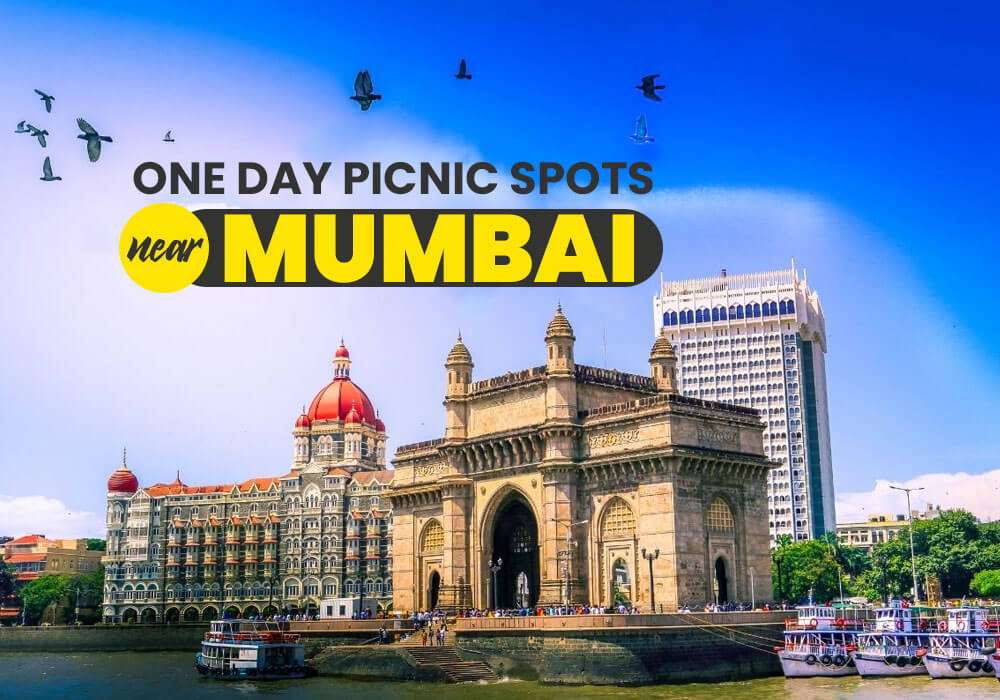
One Day Picnic Spots Near Mumbai - Monsoon, Adventure, Beach...
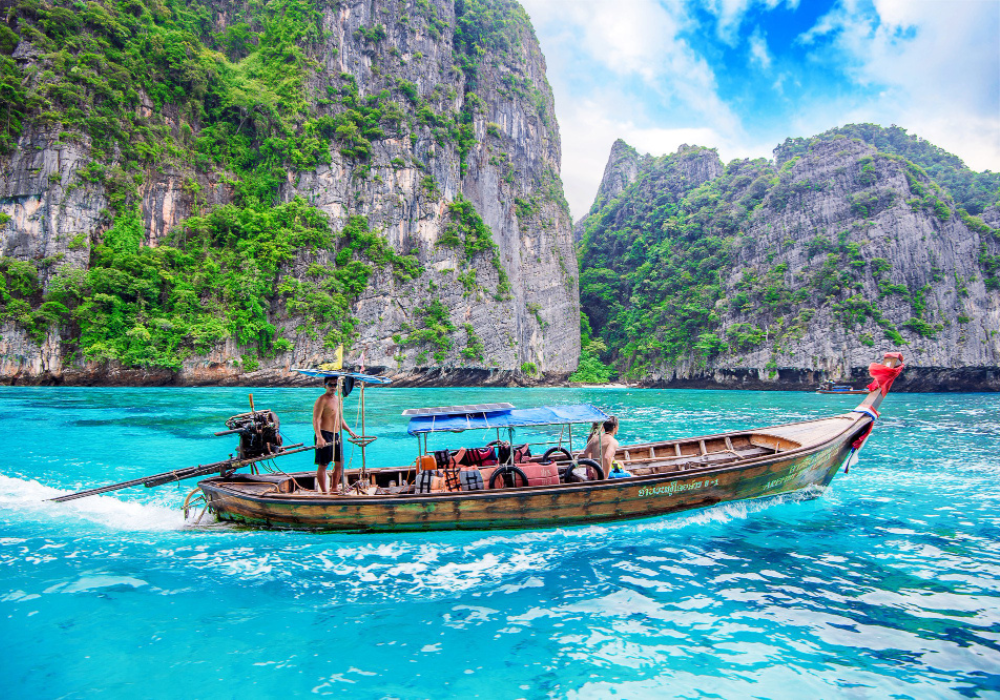
The Best Places to Go in Thailand in 2025



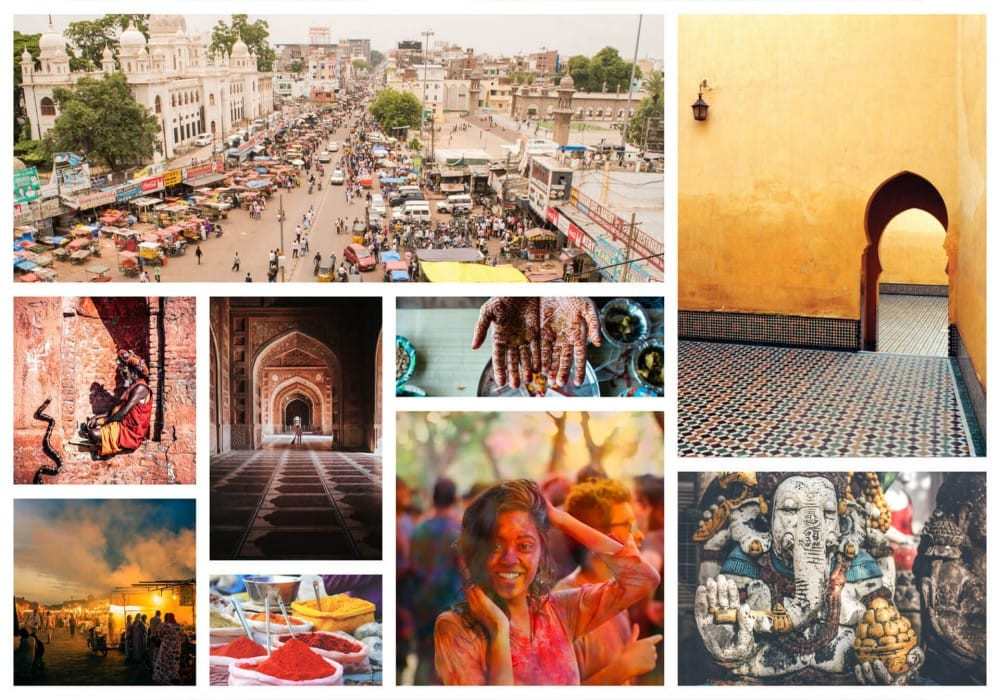



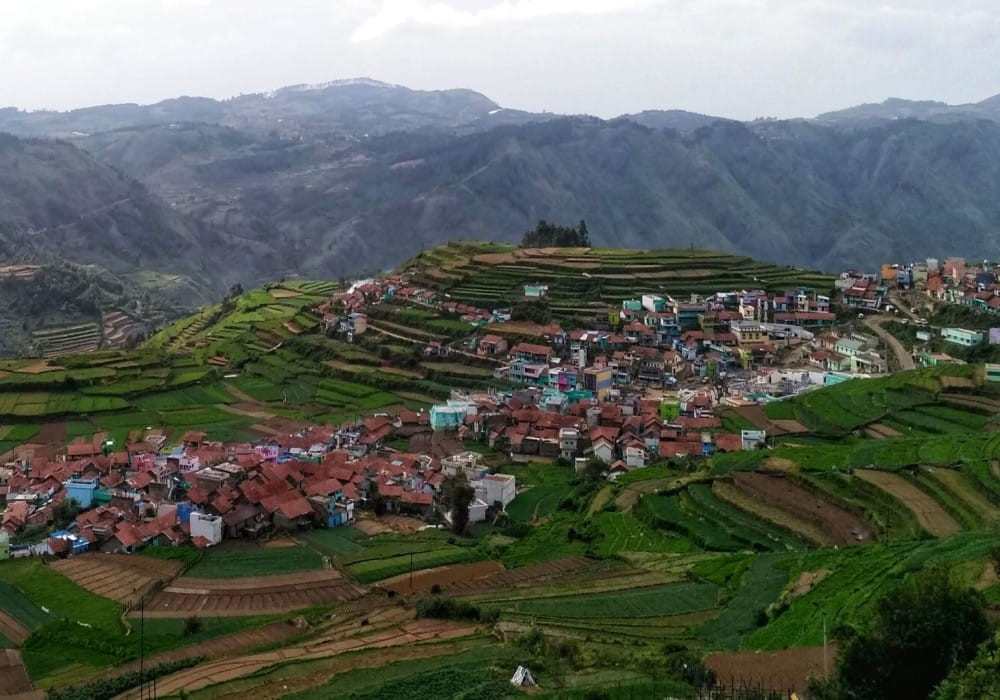


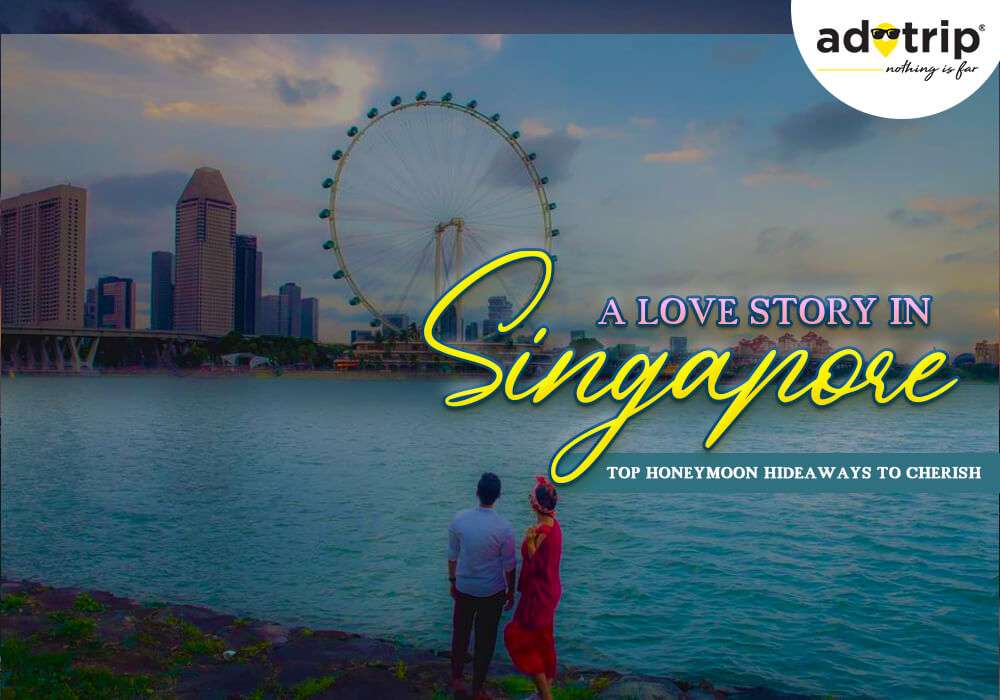
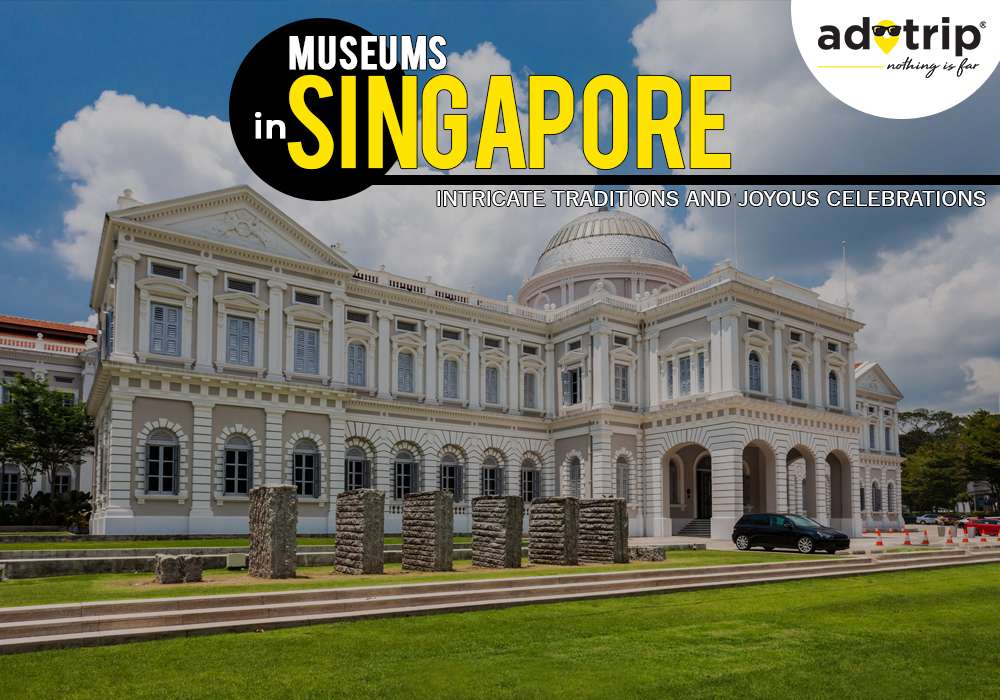
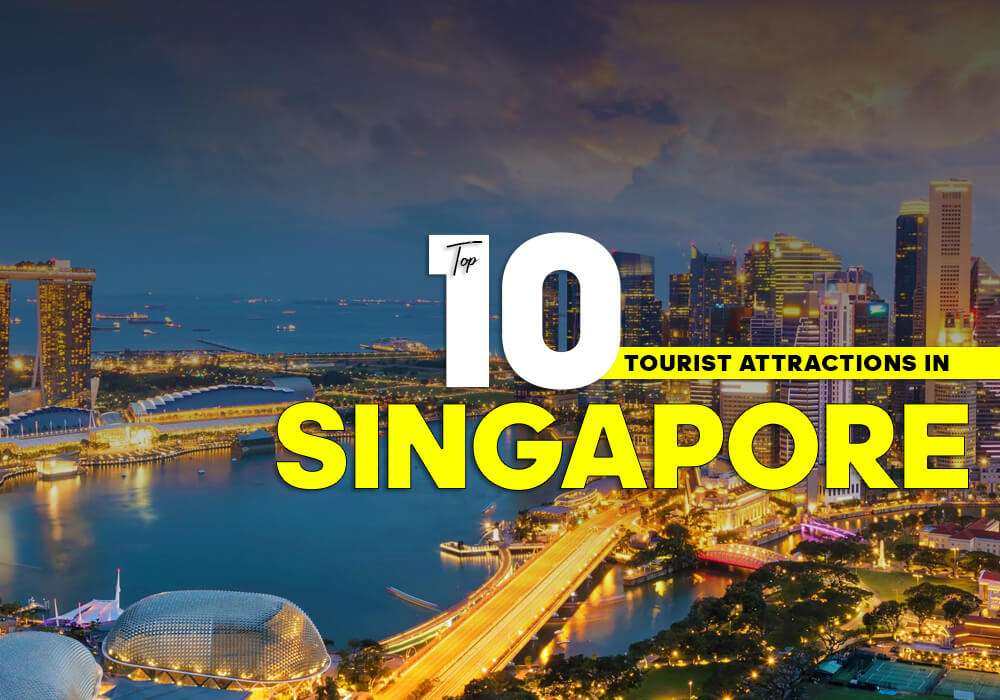
.png)
 Dubai
Dubai Malaysia
Malaysia USA
USA





